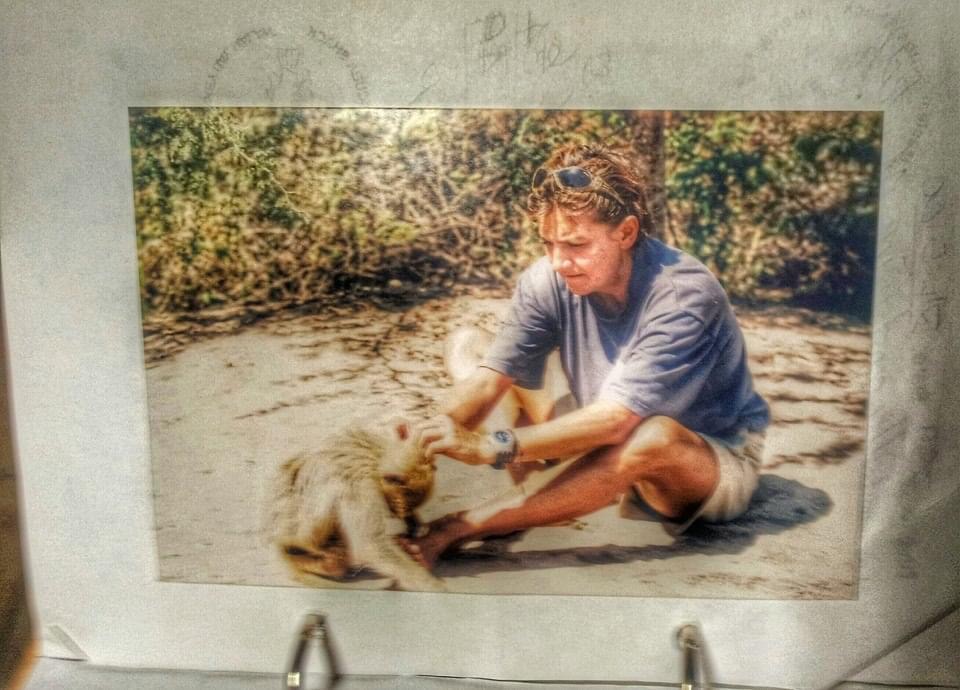Featuring Women in Diving
Nicolene Olckers tells us about her interesting career as a photographer and dive professional with some great advice for people considering a career in diving.
How I got started in scuba diving
I must admit, I am a bit of an adrenaline junky. Over the years I have taken on the usual suspects, skydiving, bungee jumping, adventure motorcycling scuba diving, and open water swimming.
I was employed as an editorial photographer with Beeld, a daily newspaper in South Africa. My experience of scuba divers was watching the Police Diving Unit dive in dark, dirty, brown, and muddy water looking for evidence and or bodies. When I signed up for a scuba course, I was the only girl to sit in the theory sessions with a group of male candidates. Needless to say, I was nervous and needed a ton of lead weight to keep my head underwater long enough to complete the skills.
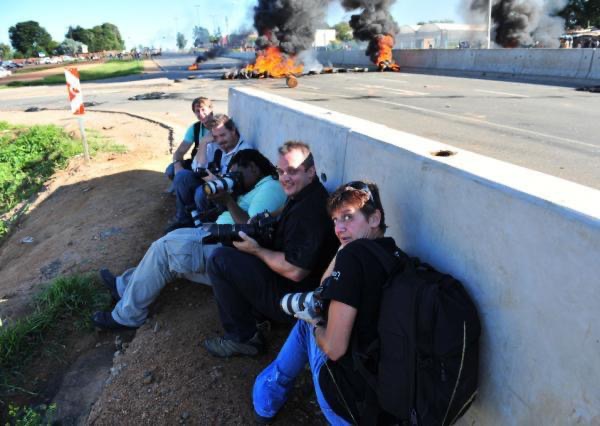
The instructor’s name was Witold Smilowski and the dive school was Reef Divers. Many a South African Dive Master or Instructor will testify of his heavy Polish/Hungarian accent. But after three days at Sodwana Bay, braving rough seas, and feeding the fish like a pro (aka seasickness), I completed the required five open water dives and qualified as a PADI open water scuba diver in 1992. I was hooked!
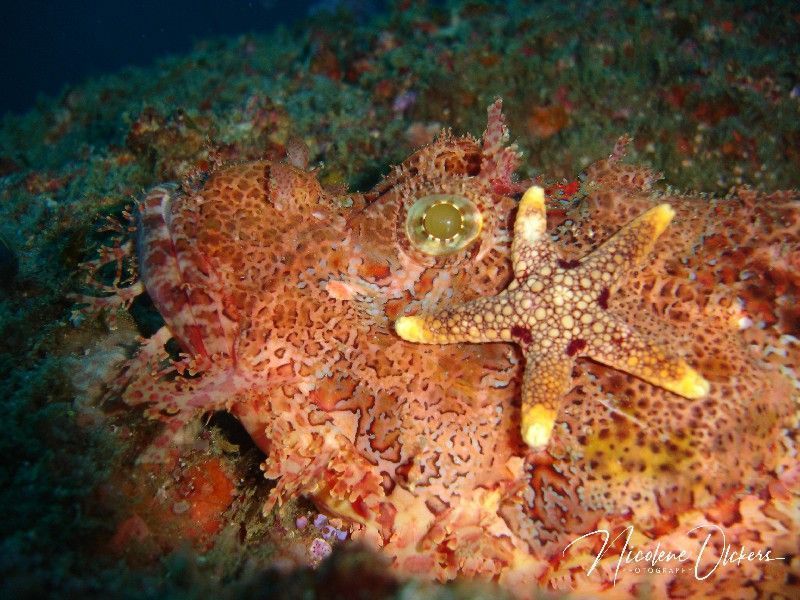 A small seastar hitching a ride on a
A small seastar hitching a ride on a
stealthy bearded scorpionfish.
Going pro
I was one of the first PADI Open Water Scuba Instructors to be certified in the new millennium, the year 2000.
Scuba Diving became a career in 1999 when I accepted a position as a divemaster and dive planner at Ponta Malongane resort in Southern Mozambique. This was an extreme career change from being a senior sports photographer at a daily newspaper. It was at Malongane that I would find that there was much more to Scuba Diving than going underwater every day. With it came responsibilities to look after other divers and guiding those ‘rat-race' landlubbers from Johannesburg underwater. Assisting with the dive centre management and daily dive planning was very different from sitting next to a rugby field. I was one of the first PADI Open Water Scuba Instructors to be certified in the new millennium, the year 2000.
Working as a scuba diving Instructor at the time when the sport was growing and Mozambique became more accessible was sure a great time for adventure and exploration. It also gave me the opportunity to travel into Africa. I was fortunate to visit Uganda and followed in the tracks of explorers such as Stanley, Speke and Livingston. I was fortunate to get a short contract working at Scuba Shack in Cape Maclear, Malawi, then on the Mozambican paradise island of Quilalea; part of the Quirimbas archipelago, and for 4 years at Guinjata Bay in Inhambane province starting in 2002.
From my logbook. As an instructor in Malawi.
Getting back into photography
It was the closest dive launch site to the world-famous Manta Reef and the first real place I was interested to get back into photography. Diving alongside great underwater photographers like Richard Jaroněk, Dennis King, and Fiona Ayerst to name but a few. It was also here that I invested in my first ever digital camera – the great SONY P150. It was small, compact, easy to handle underwater, and had a phenomenal 7.2 megapixel sensor. And don’t forget the 40m waterproof housing that came at a fraction of the cost of those that the pro photographers were bringing around.
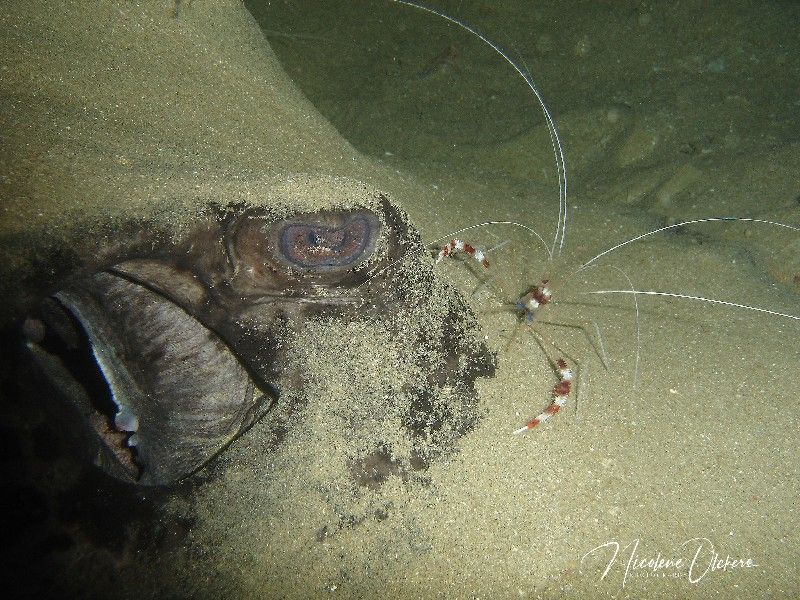 Round Ribbon Tailed ray found a Banded
Round Ribbon Tailed ray found a Banded
Boxer shrimp to get sand out of his eyes.
I left a career in photography as a film/analog photographer in 1999 and was fairly cut off from any new developments in the photography world while working in remote areas of Mozambique. The compact digital camera development made it possible for many novice divers and photographers to record their underwater adventures and that included me. Currently, I use an old CANON G12 Powershot camera in an Ikelite housing and spend my photo budget on buying land-based equipment for other trades of photography. I work as the marketing manager for Divers Alert Network Southern Africa, am also currently a NAUI Scuba Instructor and have a Coastal Skippers license since 2003.
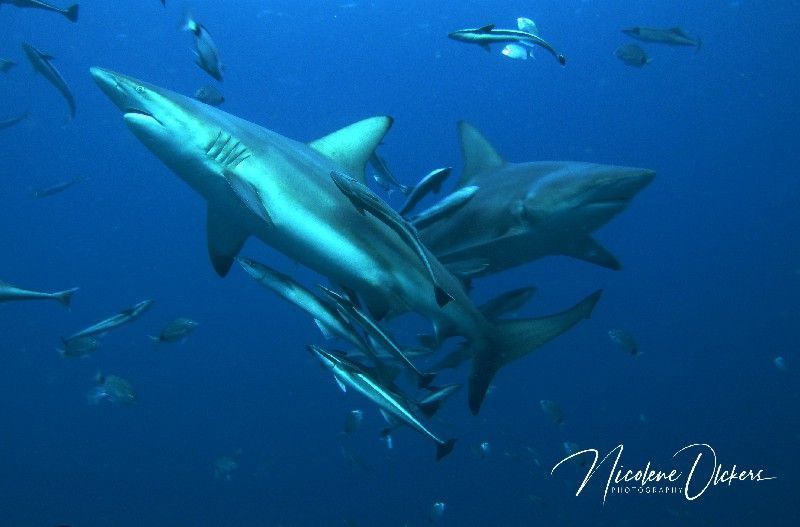
Blacktip sharks.
A Note on becoming a full-time Scuba Instructor
One of the most rewarding experiences as a scuba instructor is to qualify competent, safe divers. Teaching good buoyancy, confidence in any sea conditions, and creating awareness of marine life is what makes taking part in scuba diving a rewarding experience. With all the fun comes responsibilities and hard work. Many Instructors are also marine biologists and researchers. If you consider this a ‘JOB’ think again. Some good advice would be to learn some business skills through internships.
It is not cheap to become an Open Water Scuba Instructor. The cost of courses alone has become equal to that of signing up for other skilled courses. Along with that comes an investment in equipment that is essential to your dive career. If handled with care and kept serviced and maintained, it should last you a lifetime. Soft gear choices are preferential and it depends on you, the diver if these last.
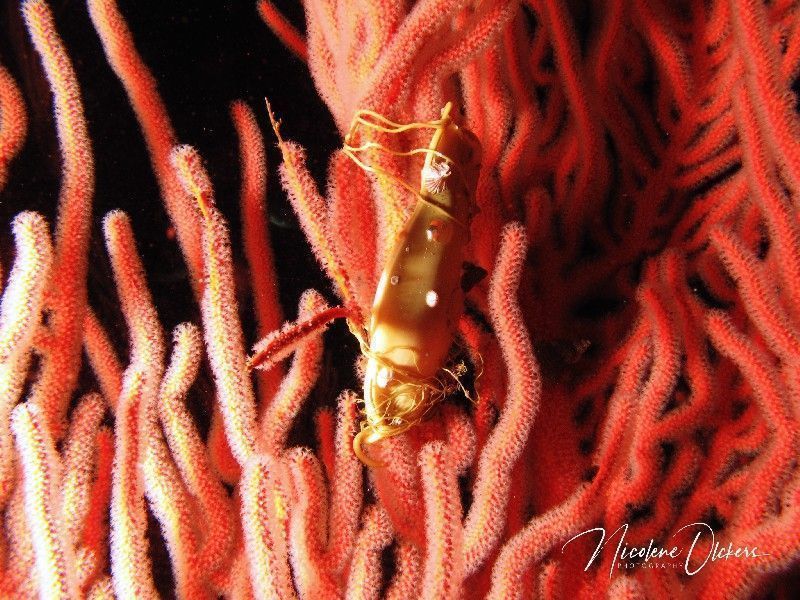 Mermaid's purse on a sea fan.
Mermaid's purse on a sea fan.
Other considerations for making scuba diving a career include doing specialized courses and offering advanced training to other divers. There is also the investment in yourself. Your health is important. Keeping safe in those idyllic paradise dive locations takes on new meaning when things go wrong. Divers Alert Network Southern Africa has always been there for me and for all scuba and freediving lovers. Doing scuba diving can be strenuous and can take its toll when you don’t look after yourself. The cost of treatment can be astronomical, especially when you need specialized treatment. As an Instructor, Divemaster, Dive trainer, or dive professional, you should have dive accident cover in place.
The dive industry the world over has shifted, through economics, a huge pandemic, causing travel restrictions and changes. Keep an open mind and keep learning new skills that can add to that of being a dive instructor.
As they say in the world of scuba diving:
Go Places, Meet People and Do Things!!
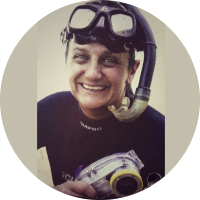
Nicolene Olckers
More underwater images:
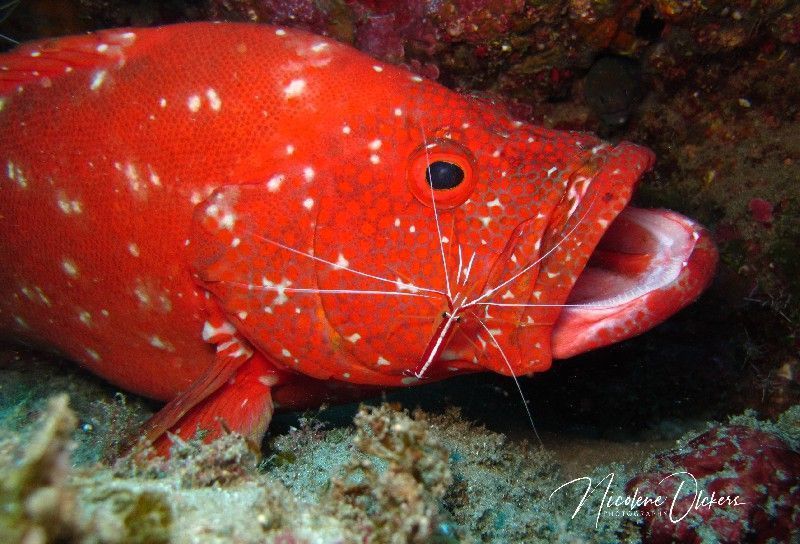 |
|
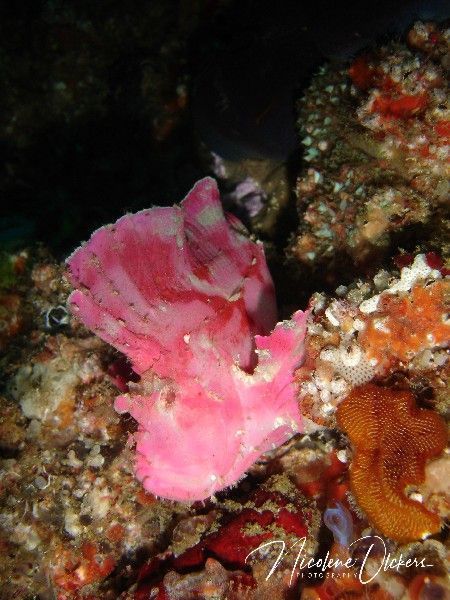 |
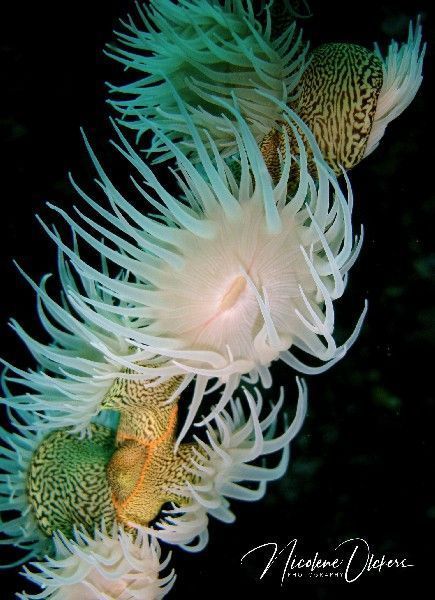 |
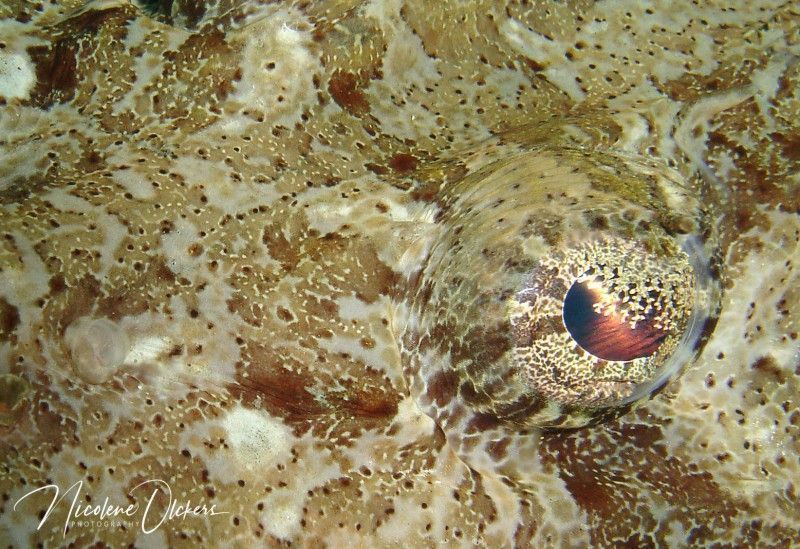 |
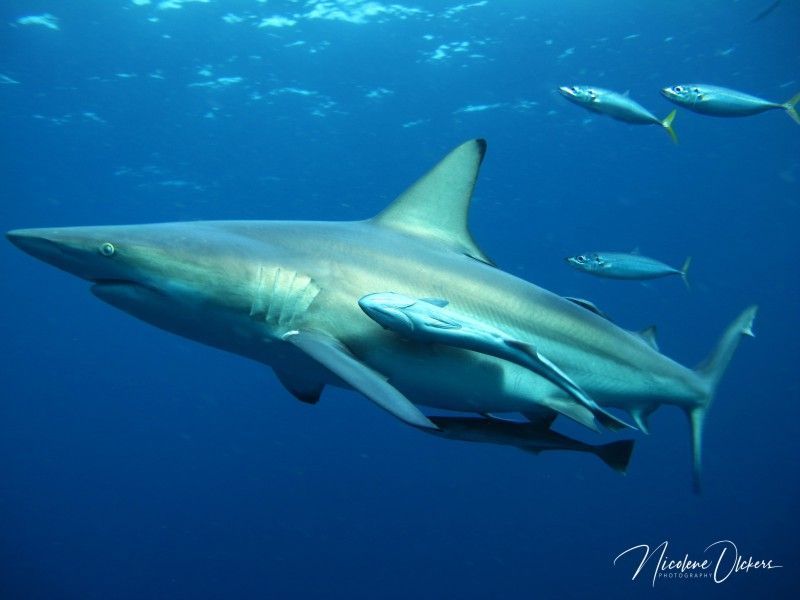 |
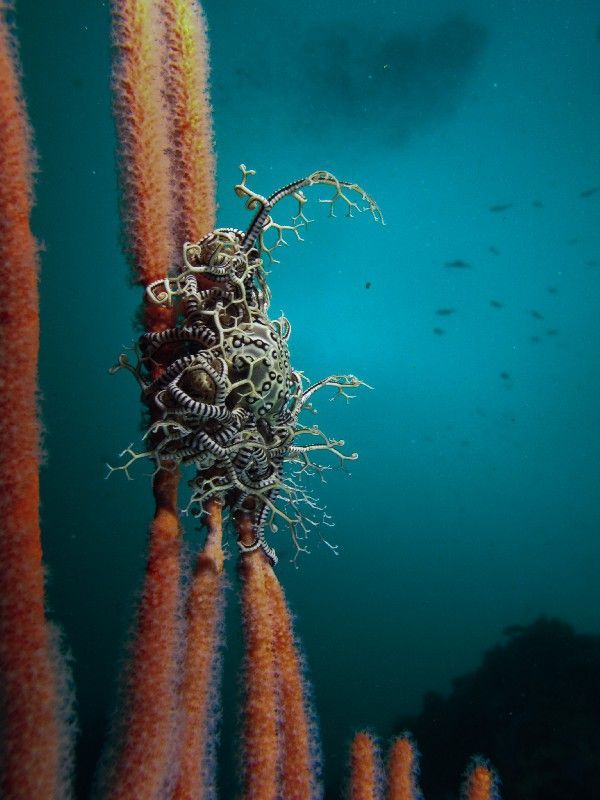 |
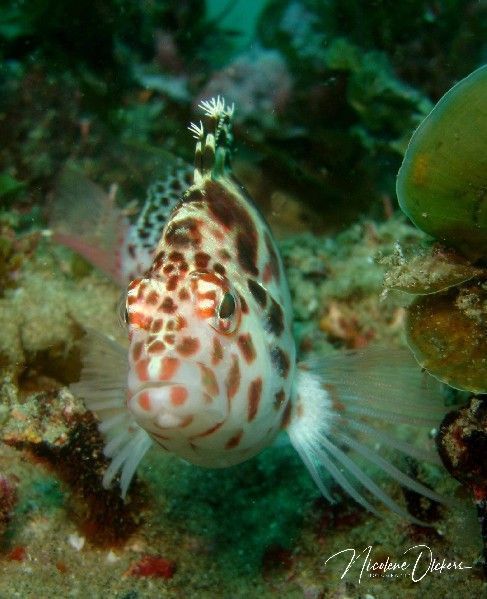 |
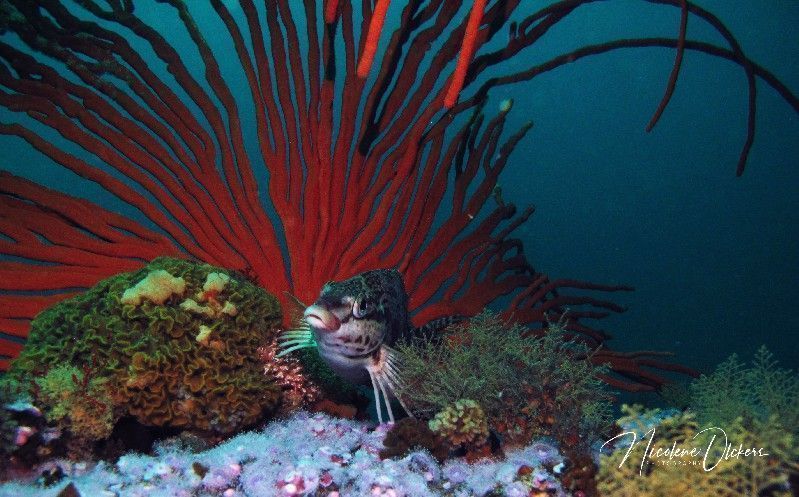 |
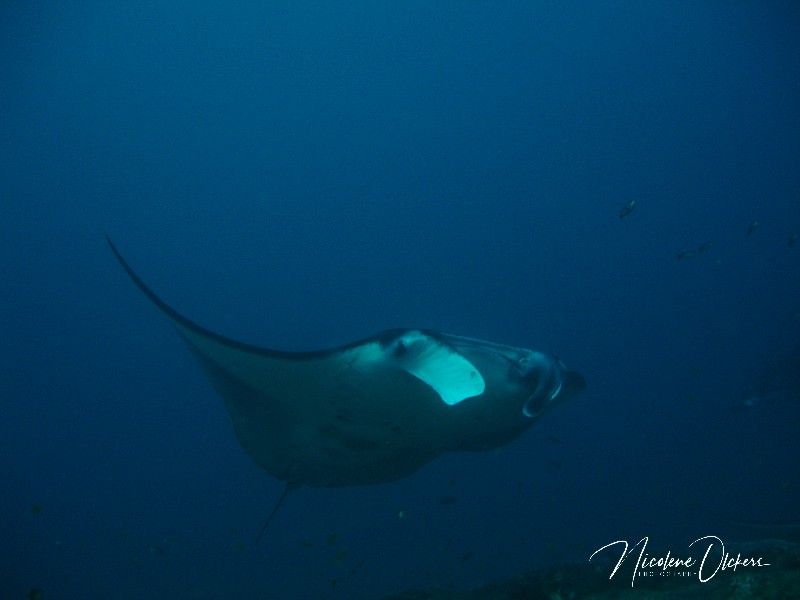 |

